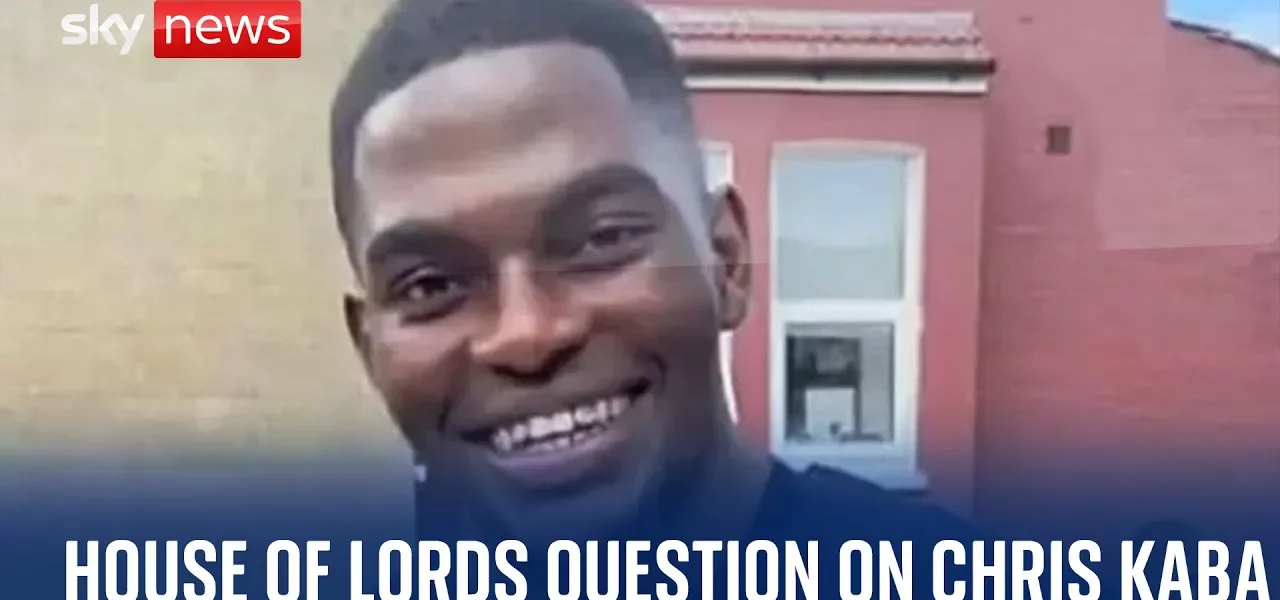Legal Position of Police Firearms Officers: A Comprehensive Analysis

This article explores the intricate legal landscape surrounding police firearms officers in the UK. We address recent verdicts, the implications for police accountability, and the broader context of community trust and the criminal justice system.
Introduction
The role of police firearms officers is one of the most challenging within law enforcement, as they are entrusted with the responsibility of using lethal force when necessary. Following a recent case that raised numerous questions about accountability and the legal framework surrounding police actions, it is crucial to delve into the implications of these events. The discussion revolves around the need for a balance between giving police officers the confidence to perform their duties and ensuring accountability to the communities they serve.
Understanding the Context of Police Firearms Use
In the UK, there are approximately 67 million residents, yet only around 3,000 police officers are authorized to carry firearms. This small subset of officers faces immense pressure and potential scrutiny when making split-second decisions that can lead to life or death outcomes. Understanding their legal position is essential for both the officers and the communities they protect.
The Importance of Firearms Training
Police officers who carry firearms undergo rigorous training to prepare them for the realities of armed confrontations. This training includes:
- Firearms handling and safety protocols
- Situational awareness and threat assessment
- Legal education regarding the use of force
Despite this preparation, the nature of their work means that they often face unprecedented situations that require immediate responses.
Impact of Recent Verdicts
The recent exoneration of Sergeant Martin Blake and the surrounding discourse have reignited debates over police accountability. The jury’s decision, reached in a mere three hours, highlighted the complexities of the case and the evidence presented. Such rapid verdicts may leave lingering questions about the thoroughness of the investigation.
Legal Framework Surrounding Police Actions
The legal system governing police actions is multifaceted, encompassing various regulations and guidelines intended to ensure accountability and protect public safety. Key components include:
Crown Prosecution Service (CPS) Role
The CPS is responsible for determining whether charges should be brought against police officers following incidents involving lethal force. Their decisions are critical and can significantly impact public perception of law enforcement.
The Jury’s Role in Trials
In cases where police officers are charged, juries play a pivotal role. Their ability to assess the evidence presented and arrive at a verdict is foundational to the justice system. However, the jury’s lack of access to all relevant information can skew their understanding of the events that transpired.
Accountability Measures
Accountability is essential in maintaining public trust in law enforcement. This involves:
- Internal investigations by police departments
- Independent oversight bodies
- Public reporting of findings and outcomes
Ensuring that police officers are held accountable for their actions while also providing them the benefit of the doubt in life-threatening situations is a delicate balance.
Community Trust and Police Morale
Building trust between law enforcement and the communities they serve is vital for effective policing. Recent incidents have highlighted the challenges faced by police in fostering this trust.
Distrust in Communities
Deep-rooted distrust in certain communities can lead to significant challenges for police officers. Contributing factors include:
- Historical injustices
- Perceptions of police misconduct
- Lack of transparency in police operations
Supporting Police Officers
It is equally important to support police officers who often face immense pressure. Ensuring they feel backed by the community and the legal system is key to maintaining morale and operational efficacy. This can be achieved through:
- Regular training and psychological support
- Open channels of communication between police and community leaders
- Transparent policies regarding the use of force
Conclusion
The legal position of police firearms officers is a complex interplay of responsibilities, community expectations, and legal accountability. Recent cases have underscored the urgent need for reform within the criminal justice system to expedite processes and enhance transparency. As the Home Secretary prepares to address these issues, it is crucial for both law enforcement and community members to engage in constructive dialogue to foster trust and ensure justice is served. We encourage readers to stay informed about developments in this area and participate in discussions that shape the future of policing in the UK.
“`




